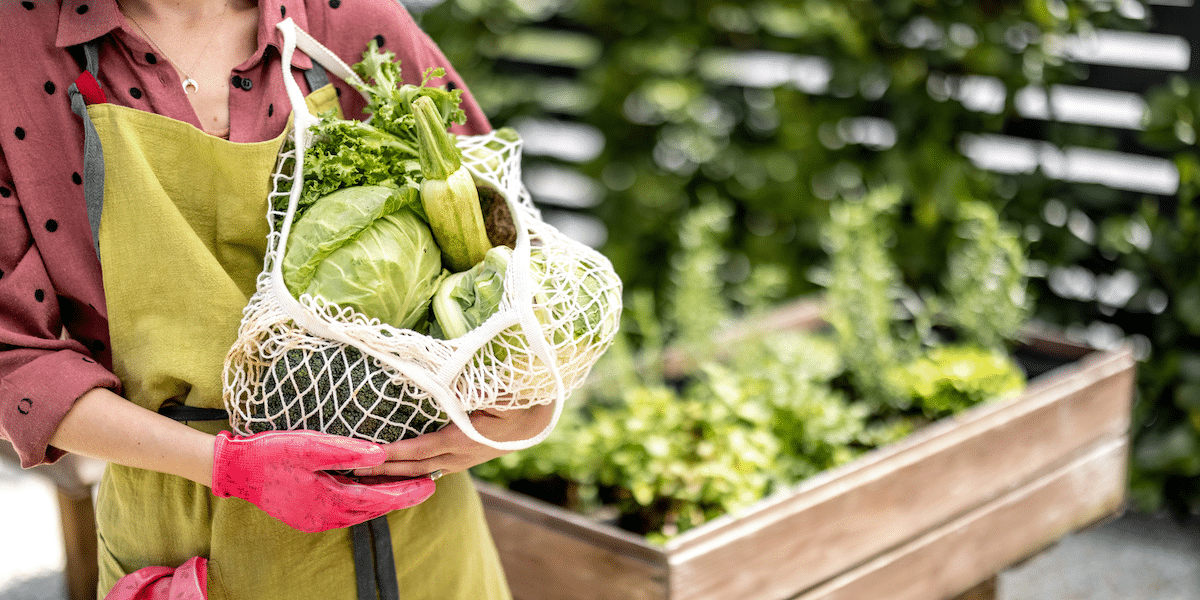Image commercially licensed from Unsplash
Israel, a global leader in tech startups, is poised to strengthen its support for sustainable foods. Recently, Israeli Prime Minister Benjamin Netanyahu announced regulatory shifts aimed at approving cultured milk and expressed the government’s commitment to fostering this sector. Recognizing the importance of not just leading in research but also in production, Israel is on the verge of granting its first permit to a local company to produce alternative milk.
In a significant development, Prime Minister visited Steakholder Foods, a start-up specializing in cultured meat, where the company showcased a groundbreaking achievement—a 3D-printed cultured fish. During his visit, the PM highlighted the ongoing global revolution in food production, emphasizing Israel’s pivotal role in the alternative protein field.
Prime Minister Netanyahu said:
“Today we ate fish that was produced without fish and meat that was produced without cattle. This is a global revolution. Israel is a global leader in the field of alternative protein, and we will see to it that we continue to lead. Soon we will have new permits and new heights that will change the world.”
Israel’s move aligns with a growing trend seen in other countries. For example, Japan’s Prime Minister, Fumio Kishida, recently emphasized the importance of food tech in realizing a sustainable food supply. The country aims to foster a cultivated meat industry domestically and create a supportive environment, joining a rapidly expanding list of countries recognizing the potential of sustainable proteins.
Currently, Singapore is the only Asian country to have legalized lab-grown meat production and distribution, leading the way in this field. Being heavily reliant on food imports, Singapore aims to increase self-sufficiency in food by 30% by 2030. As a result, the country has aggressively invested in cultivated meat production, offering substantial growth potential for market participants.
Here are 5 companies to watch given these developments:
Remilk:
Remilk, an Israeli-based company, is revolutionizing the dairy industry by producing cultured milk and dairy products without cows. Founded in 2019, the company has emerged as a key player in the alternative dairy industry. The company employs yeast-based fermentation techniques to create milk proteins that are indistinguishable from those found in cow’s milk. By utilizing this fermentation process, Remilk significantly reduces land usage, water consumption, and greenhouse gas emissions typically associated with dairy production. Remilk’s products are lactose-free, cholesterol-free, and free from any hormones, ensuring a healthier choice for consumers concerned about their dietary intake. The company has achieved notable regulatory milestones. Earlier this year, Remilk obtained regulatory approval to sell its cow-free milk in Singapore, a testament to the safety and quality of its products. Furthermore, the US Food and Drug Administration has issued a letter confirming the safety of Remilk’s animal-free whey protein for use in food products. This recognition opens up new avenues for Remilk, building upon its successful launch of protein sales in the United States last year.
Steakholder Foods:
Steakholder Foods is a groundbreaking food technology company focused on transforming the meat supply chain sustainably. The company specializes in producing high-quality real meat without the use of conventional livestock farming practices, reducing environmental impact. Utilizing advanced technology and natural flavors, Steakholder replicates the taste, texture, and nutrition of traditional meat while remaining free from cholesterol, hormones, and antibiotics. Notably, strategic partnerships with entities like Umami Meats target the Asian market with 3D bio-printed seafood products. Singapore’s supportive stance on alternative meat production, along with its thriving $110 billion seafood and fish market, offers excellent expansion opportunities. Furthermore, Steakholder’s collaboration with Wilk Technologies Ltd. and other industry leaders demonstrates its commitment to strategic growth and exploring synergistic possibilities. Steakholder Foods (STKH), which is traded on the NASDAQ, provides an opportunity for everyday investors to participate in this growing market.
Wilk Technologies:
Wilk is a biotech and food tech company, founded in 2020, that specializes in cultured human and animal milk. The company has developed a groundbreaking hybrid yogurt using cell-cultured milk fat, a first-of-its-kind hybrid product in November 2022. This concept product has been validated by external laboratories and showcases Wilk’s ability to create functional milk components for a range of dairy products. The company’s research also focuses on developing human milk fat components for infant formula, offering improved nutrition for premature and at-risk infants. Wilk’s innovative approach represents a major milestone for the Israeli FoodTech industry and strengthens its position in the environmentally conscious dairy production market.
Aleph Farms:
Aleph Farms, in collaboration with Israeli food-tech incubator the Kitchen Hub and Technion Institute of Technology’s Shulamit Levenberg, is revolutionizing the cultivated meat industry by growing real beef steaks directly from cells. The company has adopted an “asset-light” strategy to scale up production through manufacturing deals in Israel and Singapore. With a memorandum of understanding signed with ESCO Aster, Aleph Farms plans to commence production in Singapore by 2025. Additionally, the acquisition of facilities and assets from VBL Therapeutics in Israel will enable increased meat production by late 2024. Aleph Farms aims to achieve cost parity with premium beef by 2028 while planning a small-scale launch of cultivated beef steaks in Israel and Singapore later this year.
Believer Meats:
Believer Meats, formerly known as Future Meat Technologies, is a cultivated meat company founded in 2018 with a vision to revolutionize global meat production. The company’s mission is to make real and delicious meat accessible and affordable for future generations. Through its cutting-edge cellular agriculture technology, developed by renowned biologists and bioengineers, and in collaboration with innovative chefs in Jerusalem, Believer Meats aims to create animal-free meat on a large scale. In December 2022, the company broke ground on its first U.S. commercial facility in Wilson, North Carolina. Once operational, this facility will be the world’s largest cultivated meat production center, with the capacity to produce over 10,000 metric tons of meat without the need for animal slaughter. This milestone represents a significant moment for the cultivated meat industry, allowing Believer Meats to meet the growing demand for years to come.
Israel and Japan’s increased investment in alternative protein and cultivated meat technologies highlight the global recognition of the sector’s potential. With advancements in technology, strategic partnerships, and regulatory approvals, the sustainable food industry is poised to meet the rising demand for ethical and environmentally conscious food choices.
Sponsored Post






